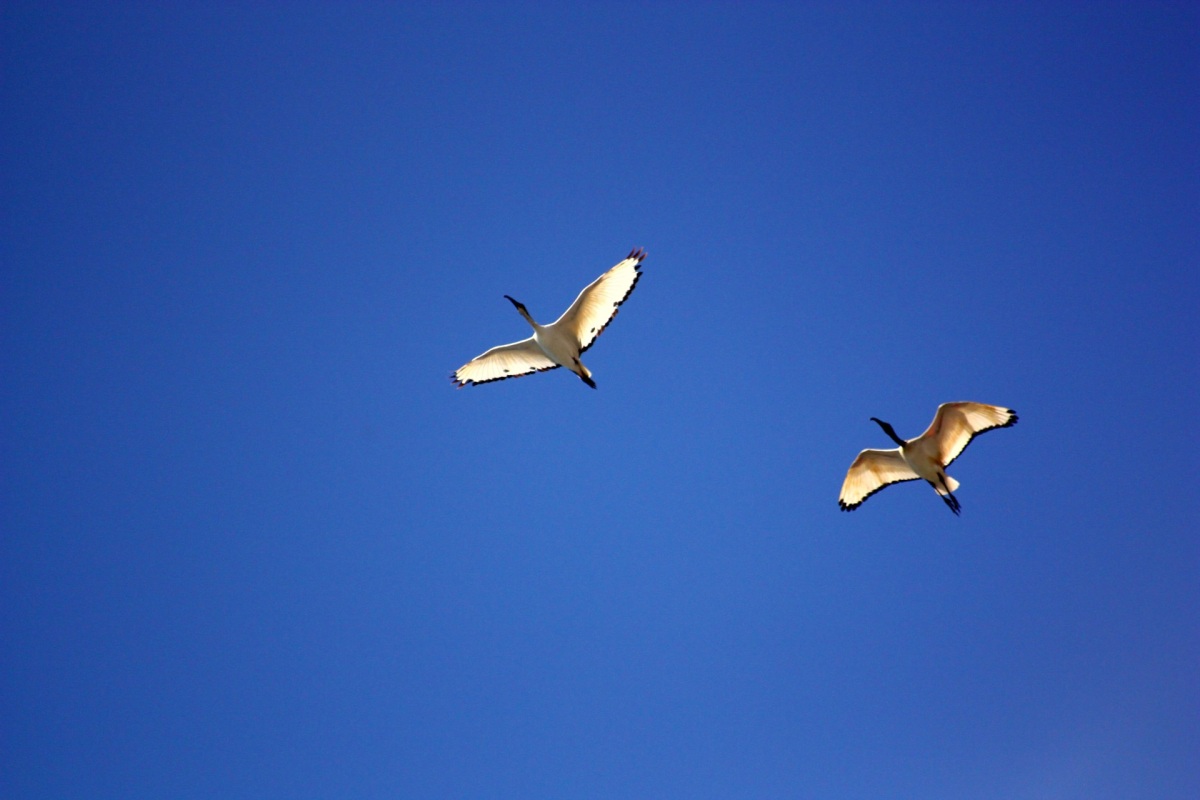Birds of today must contend with new and dangerous challenges: air pollution, wind turbines, skyscrapers, airplanes, and unprecedented levels of habitat loss. Rachel Carson’s Silent Spring was a blaring alarm that reckless use of pesticides is killing our environment, and yet this alarm has been largely ignored. Since 1970, 3.2 billion birds have been lost. This is according to a recent report in Science, which details how humanity has largely failed to protect so many different avian species.
Birds that reside in the grasslands have been hit the hardest, potentially due to the effect of increasing agriculture in the fertile grasslands of the West. The land is cleared, tilled, and sprayed with herbicides and pesticides, draining the earth of insect life that is beneficial to the crops, subsequently starving the birds to death. The scientists in this study have found 74% of the grassland bird species are declining, and 700 million individuals have been lost. Solutions are needed, or we risk wiping the skies free of our feathered friends.
Doing the bare minimum by banning one or two chemicals is not enough to tip the scales. Humanity needs to hold up a mirror to itself and decide — do we truly wish to be alone on this planet with only our livestock and “conventional” pets as our companions? The biodiversity of the earth is a vibrant and important resource for science, medicine, education and our understanding of ourselves. We need to fund research into this field to delineate the best policies that can help our system. Policies to protect biodiversity should not be dismantled by a few close-minded individuals. We constantly use hashtags: #savethebees, #savethefrogs, #savethebirds, #savetheamazon, but if we don’t get serious soon, the next hashtag will be #saveus.
If you found this article informative please hit the ‘like’ button below, and don’t forget to subscribe to our platform for the latest intriguing science news and media!
